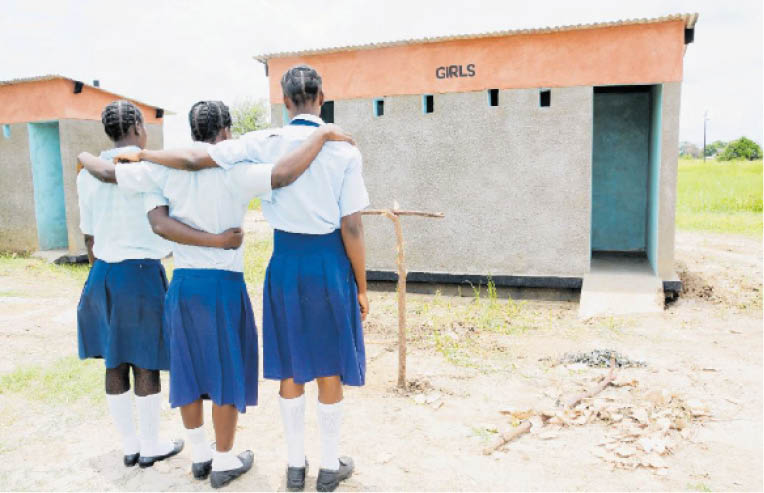Lack of sanitation facilities in schools is implicated in the spread of diseases and infections such as cholera, diarrhoea, malaria and typhoid among school children. These diseases affect the health of pupils thereby causing set back in school attendance and learning outcomes.
School hygiene explores the impact of schooling to mental and physical health of pupils and the primary aim of school hygiene education is to promote behaviour change through useful practices connected to personal, water, food, domestic and public hygiene
Mr Bioye Ogunjobi is a Water, Sanitation and Hygiene (WASH) specialist, at the United Nations Children Fund (UNICEF), Abuja. He speaks on the provision and availability of WASH facilities in primary schools and why it is necessary to put such in place to ensure effective school attendance.
In what way will the availability of toilet facilities help keep children in schools?
Toilets should be an integral part of the school infrastructure to enable children exercise their right to effective sanitation. In a school without toilets, pupils use the nearby bush to defecate thereby endangering their lives. Their food and water are contaminated. This fecal contamination contributes to outbreak of cholera and diarrhoea among children. More so, young girls who are menstruating need toilet to change their sanitary pads if need be and without a toilet, such children may be out of school for 4/5 days a month.
Why is WASH necessary among school children? Integrated Water Sanitation and Hygiene (WASH) is necessary to make provision for water and toilets for children. Drinking safe water is important for sound health and use of toilet is key to avoid open defecation which is a menace to health.
Tell us the expected ratio of pupils to toilets in primary school?
The ratio is between 20/40 pupils to a toilet compartment. It is expected every country should aim at providing, at least one toilet compartment for 40 pupils.
Why is it important to have separate toilets for boys and girls?
Having separate toilets for boys and girls is important to ensure privacy for girls who may be shy to share toilets with boys. This is absolutely the case for girls who are menstruating. In some environments, girls may not like to be seen entering the toilets so, apart from a separate toilet, there may be the need to construct a privacy wall in front of the toilet.
What advice will you give to government in stepping in to provide WASH facilities in schools?
Every school must have water points and toilets for children and no school, private or public, should be allowed to operate without WASH facilities.
How can the 2025 target of eradicating Open Defecation be a reality in Nigeria?
It is feasible. India was able to address open defecation among over 400 million people in four years, so it is possible if all hands are on deck. Government at all levels, the private sector, the media and the development partners have significant roles to play to end the menace.

 Join Daily Trust WhatsApp Community For Quick Access To News and Happenings Around You.
Join Daily Trust WhatsApp Community For Quick Access To News and Happenings Around You.

